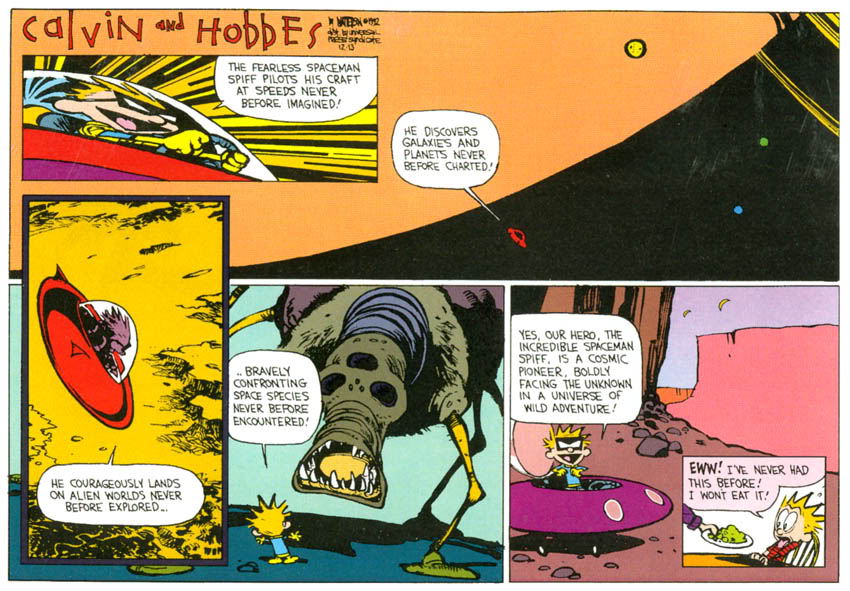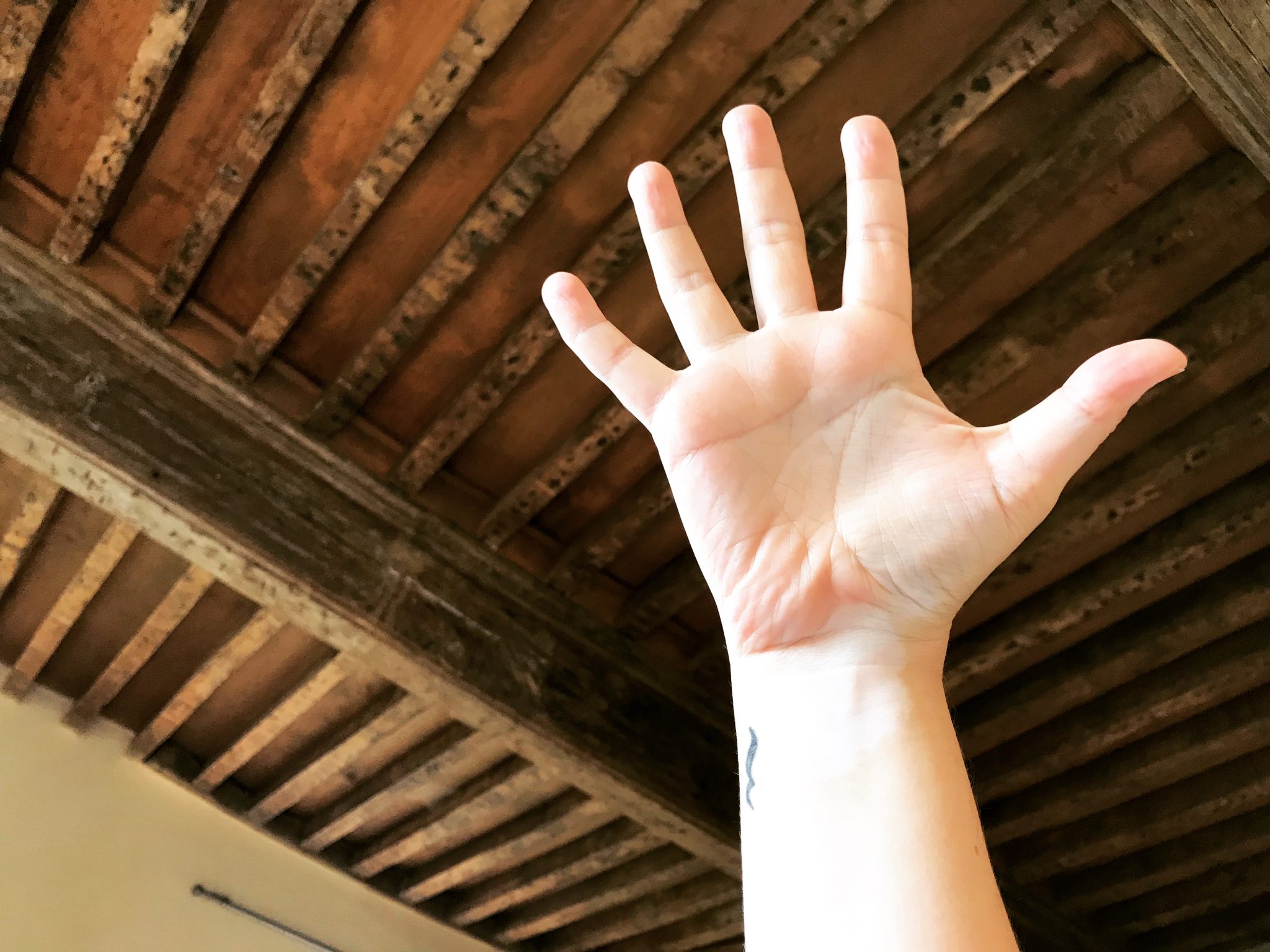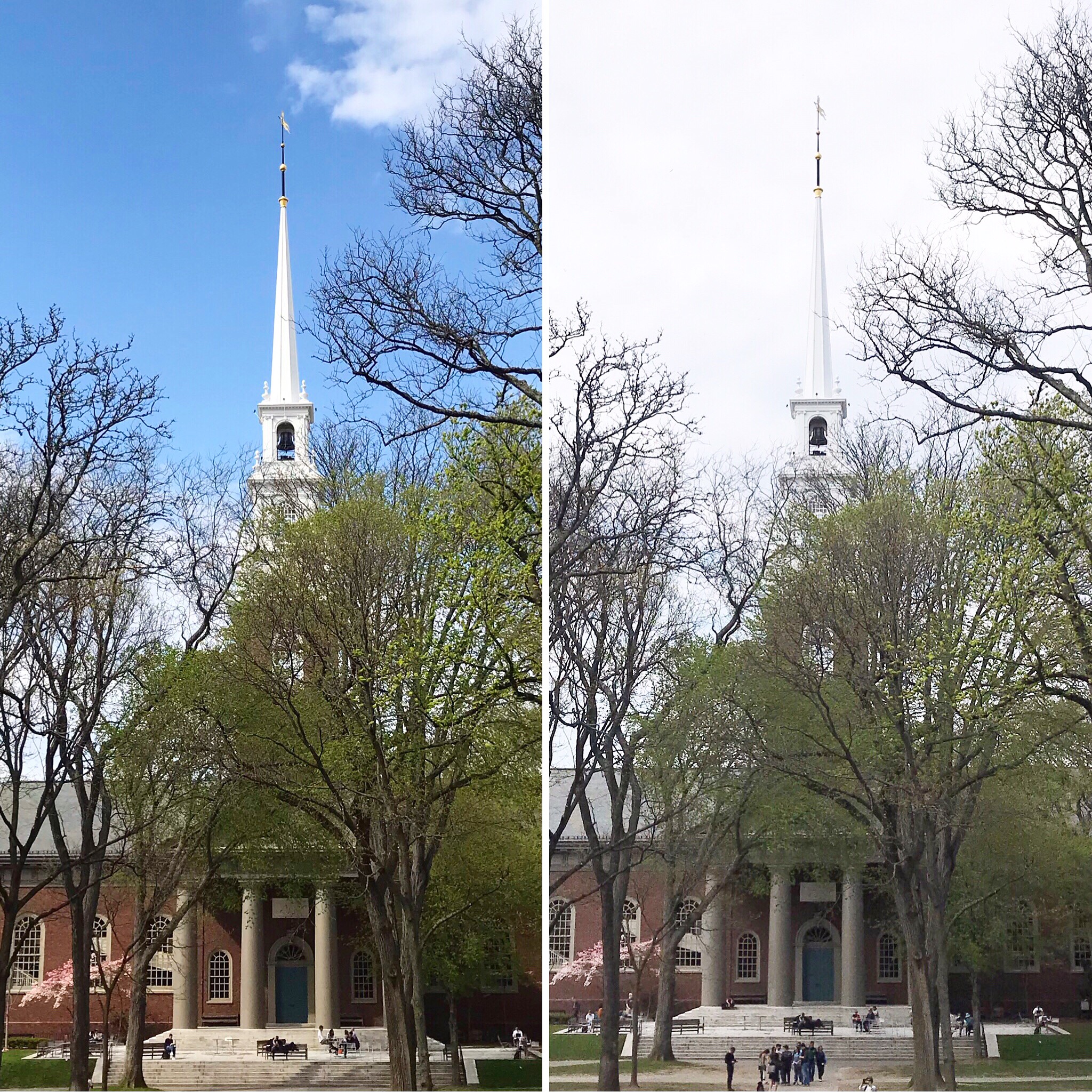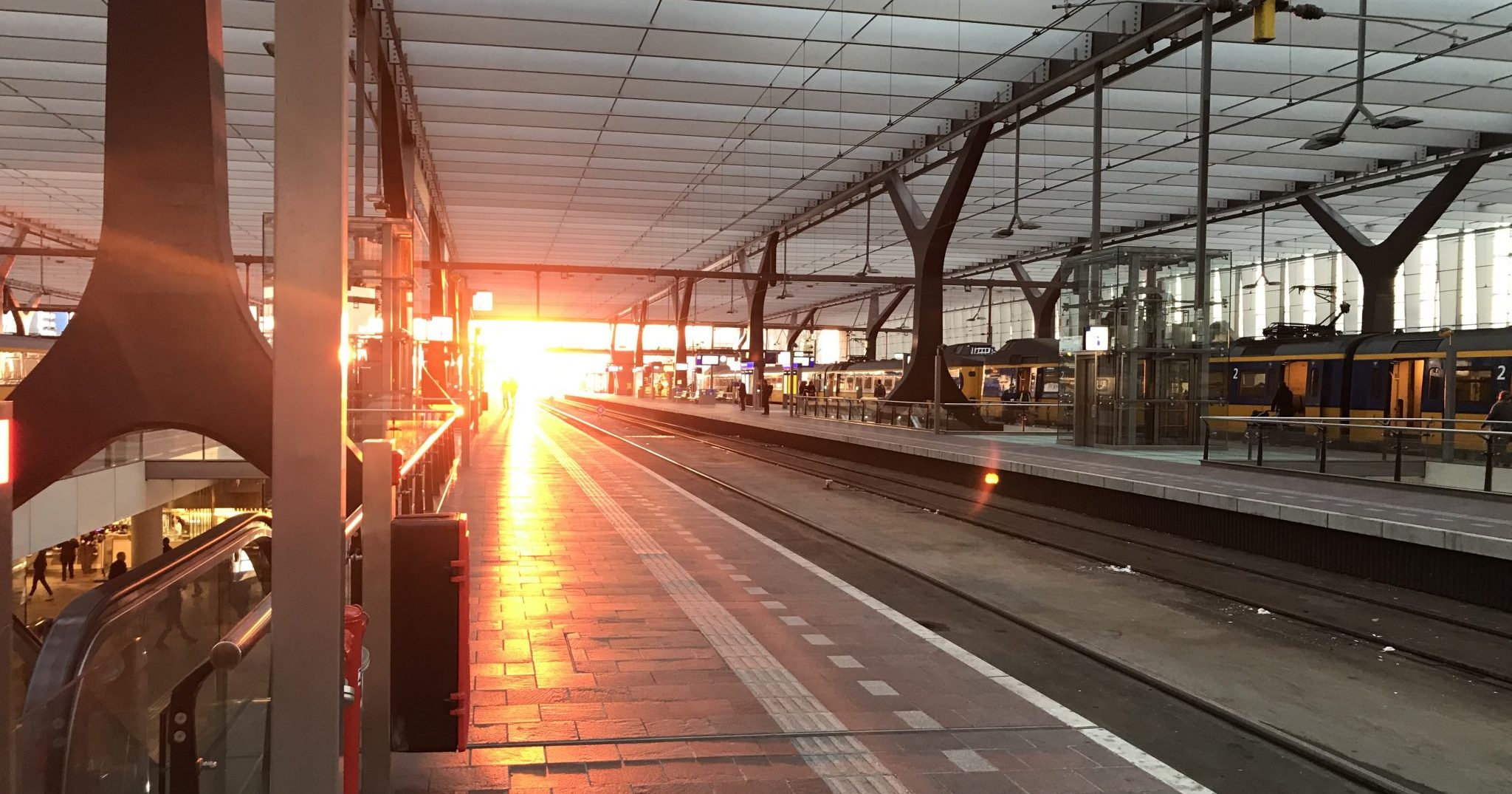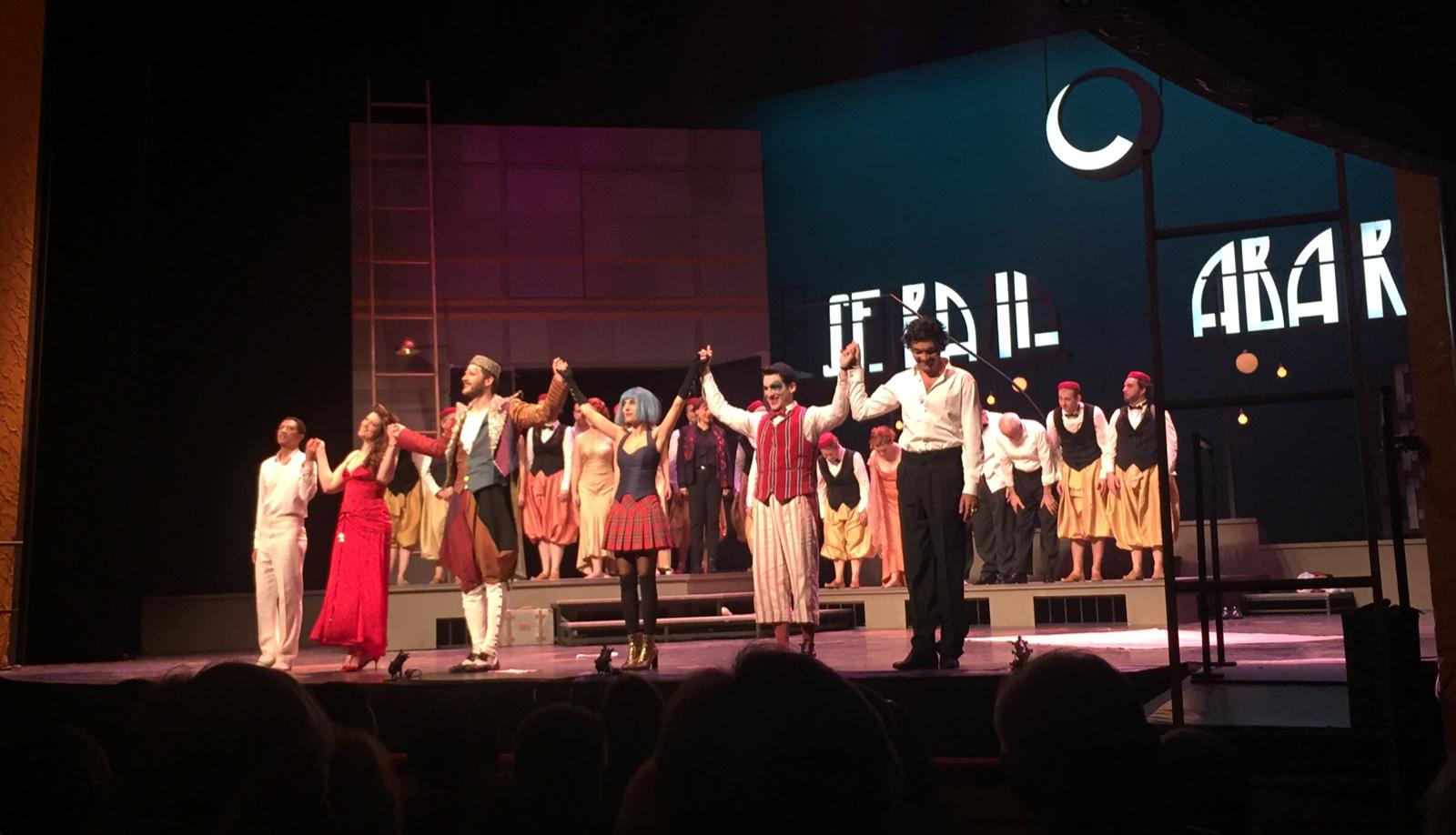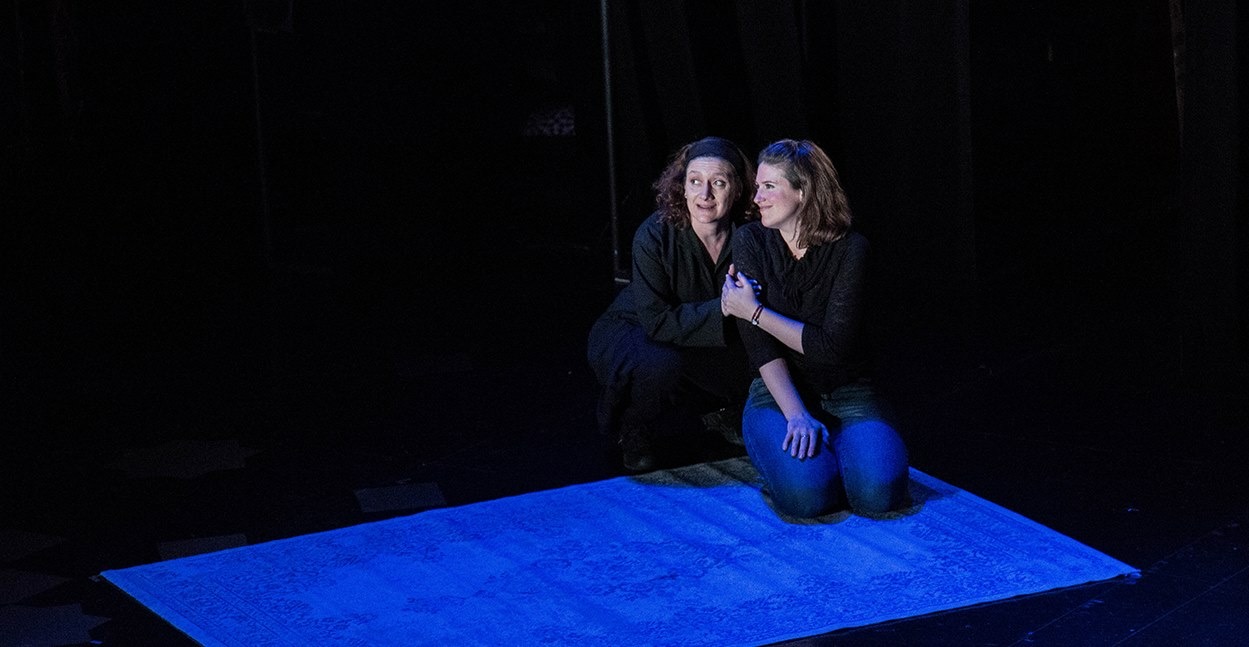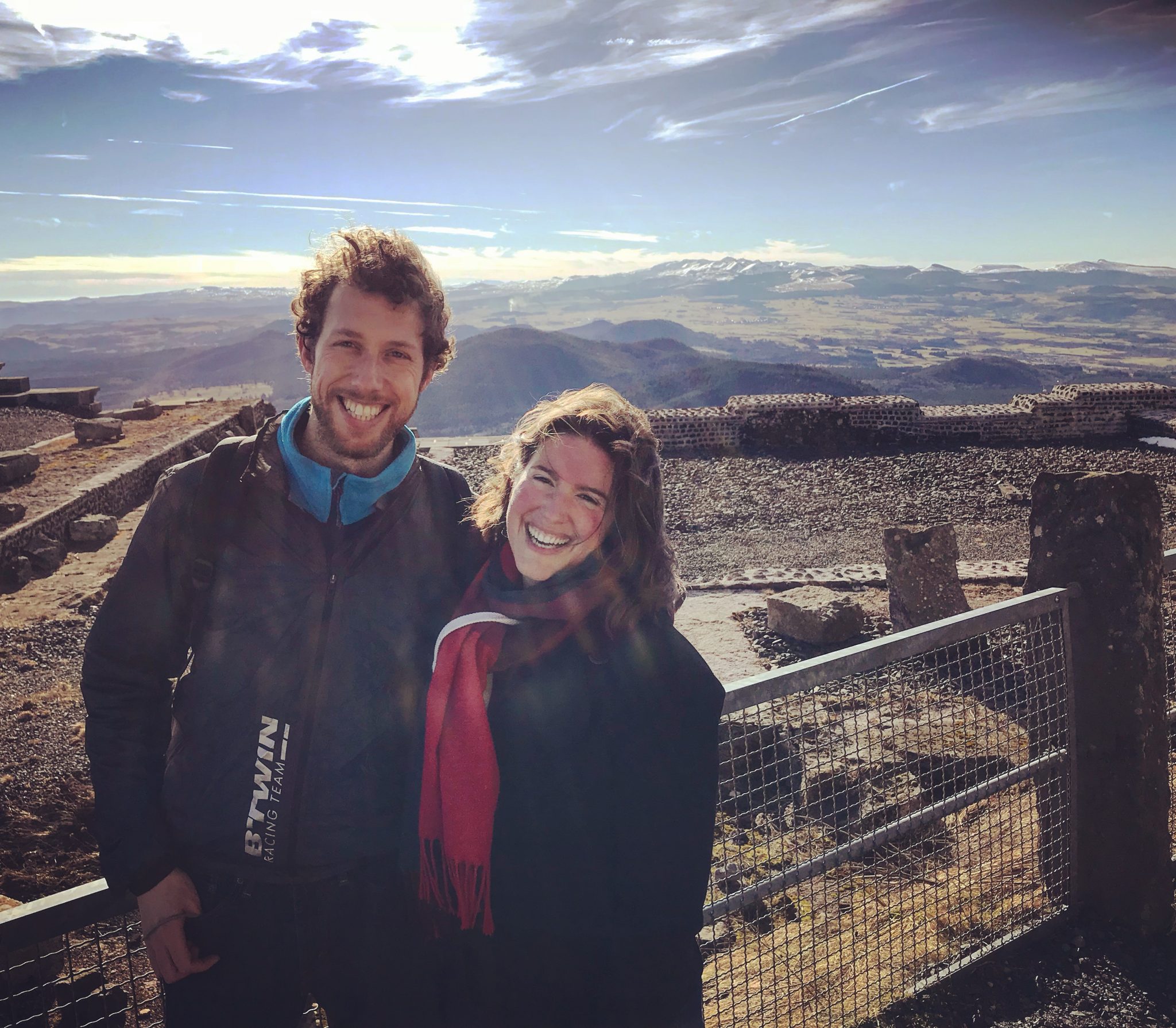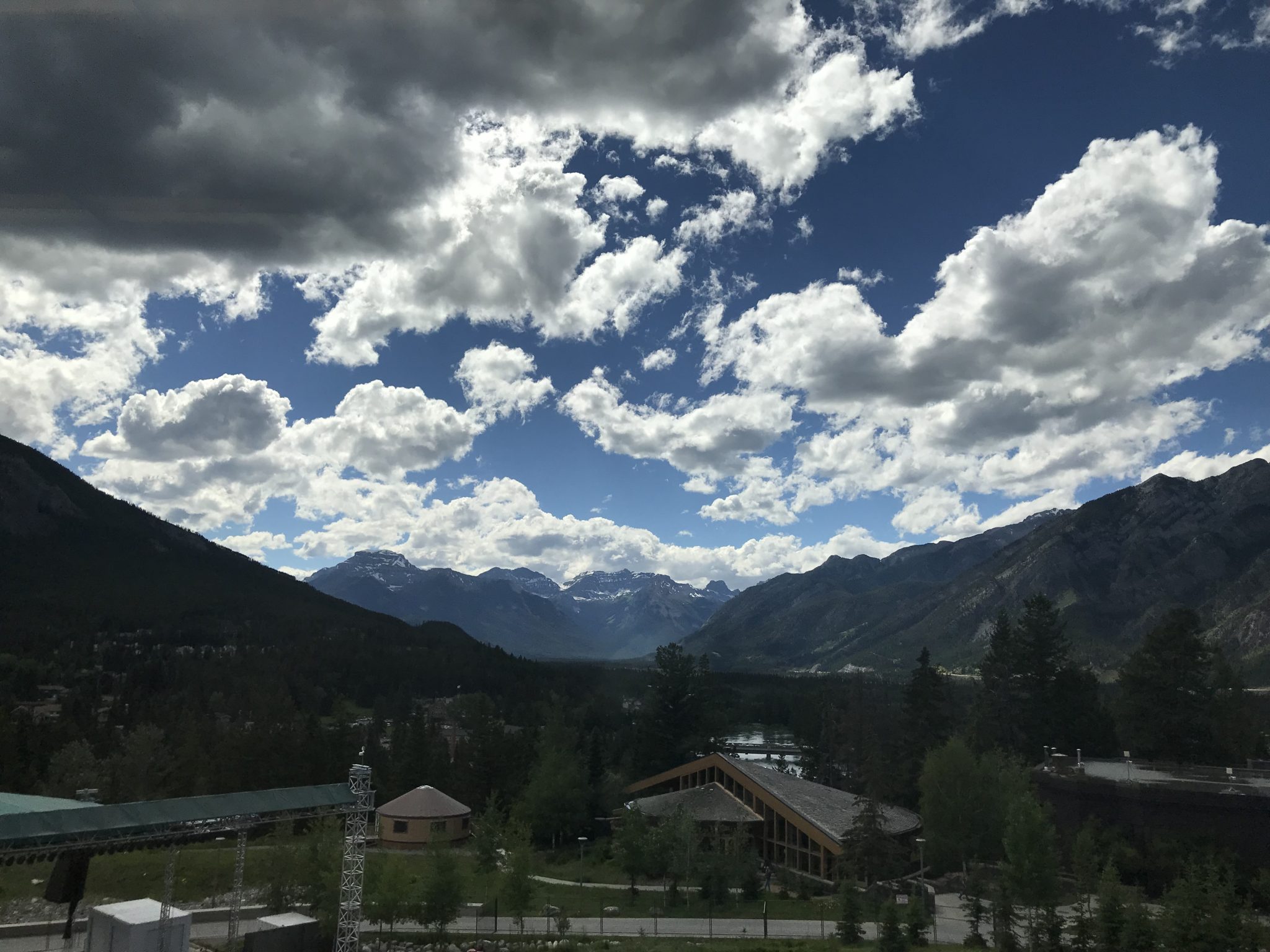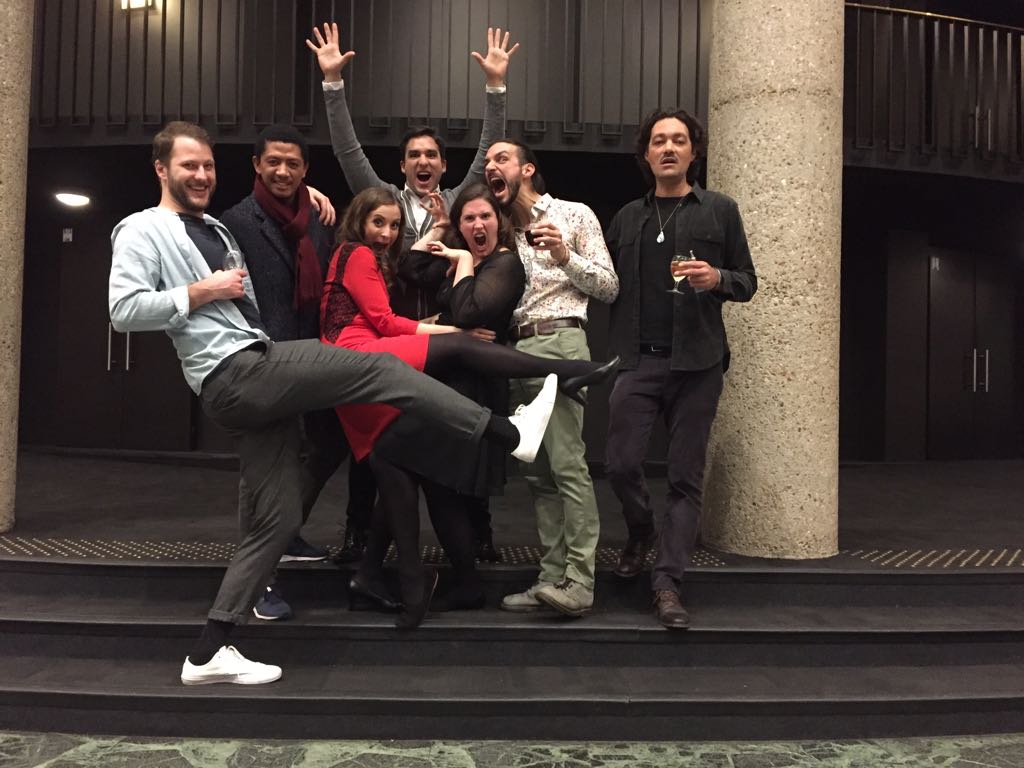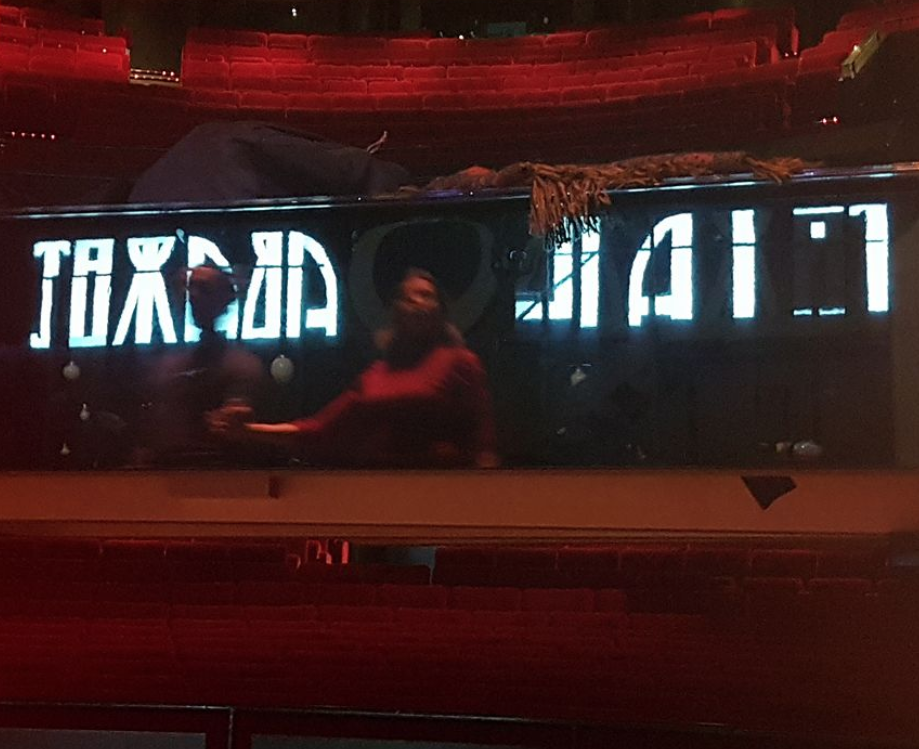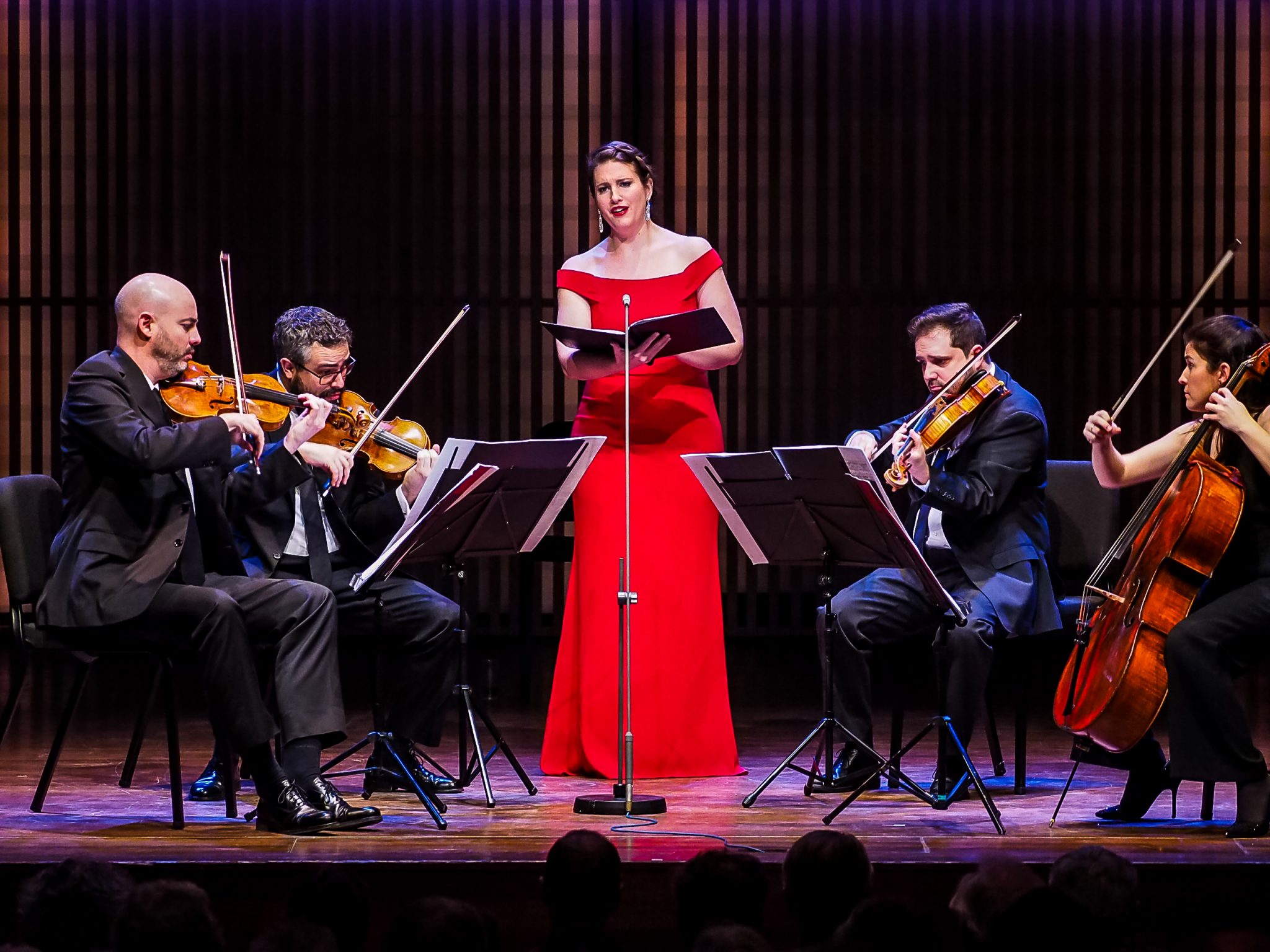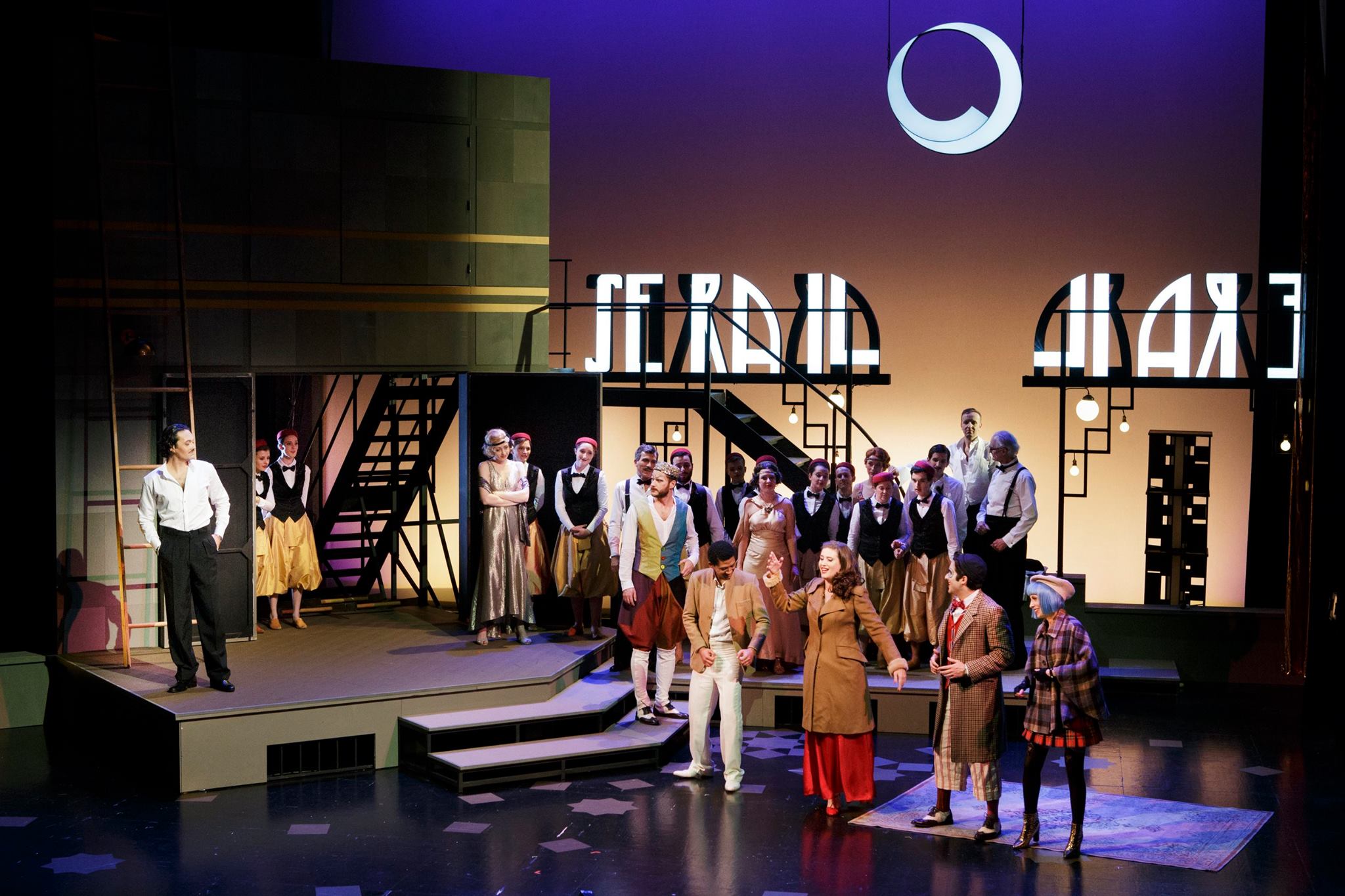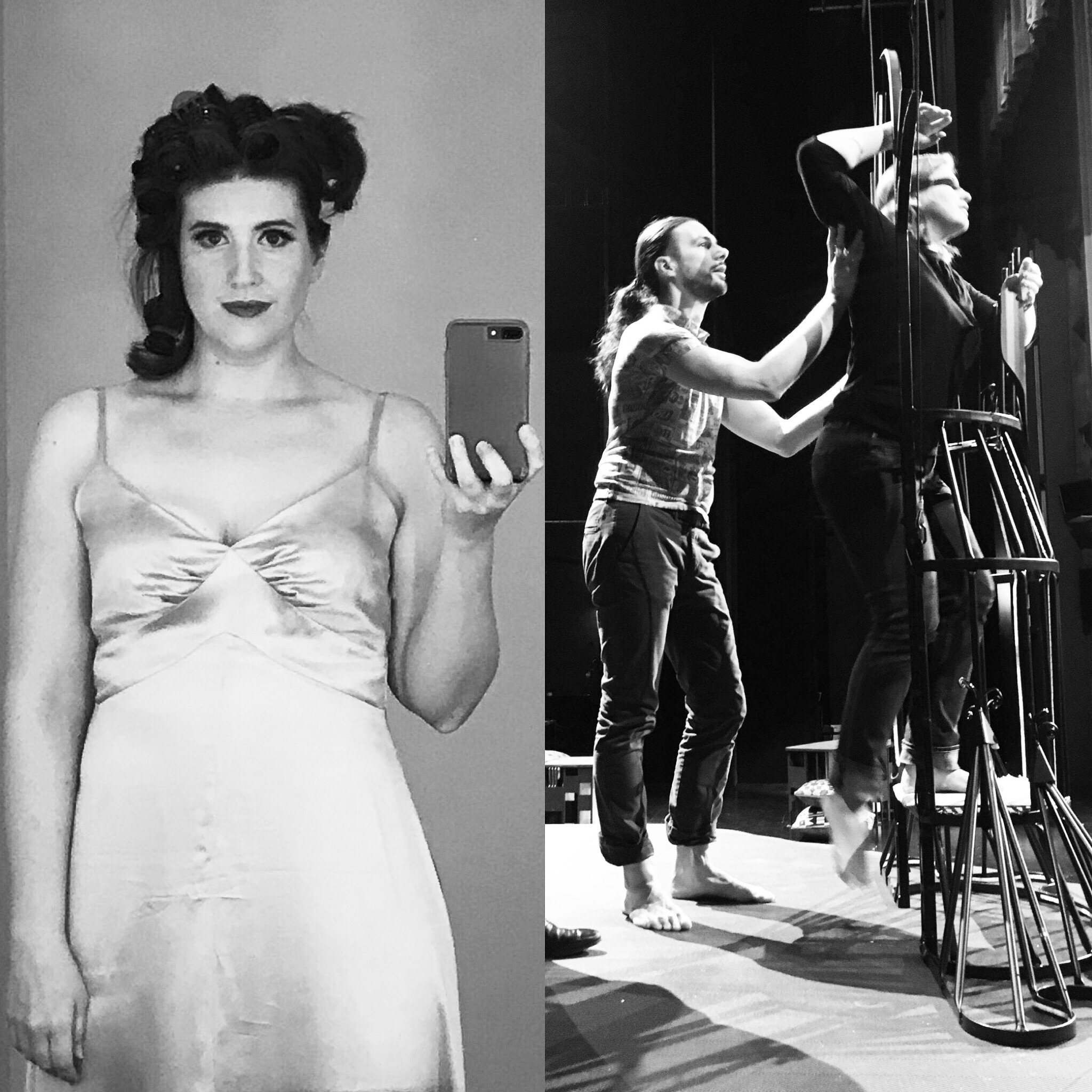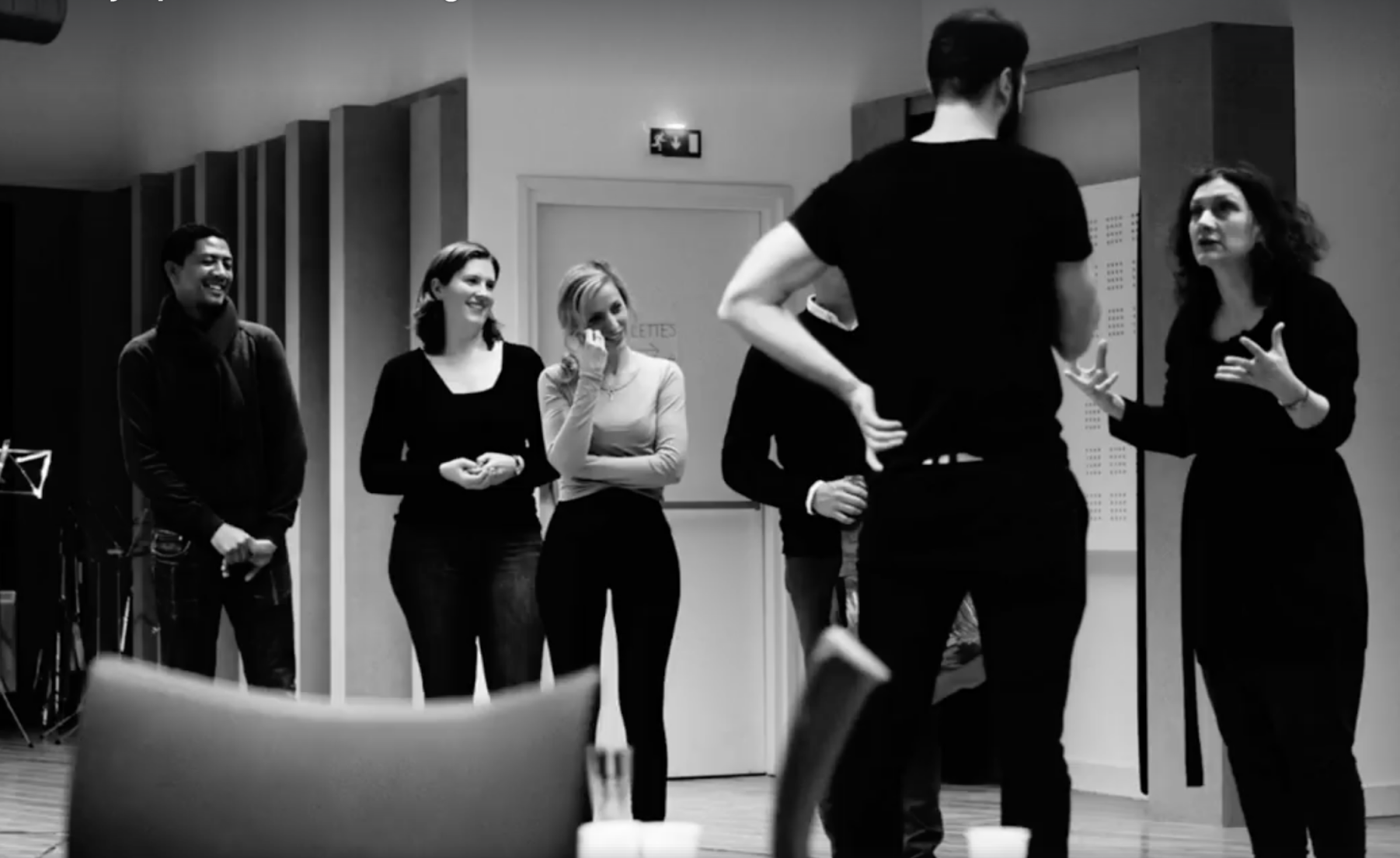astride a comet
We’ve all read Khatia Buniatshvili’s bio, right? If you haven’t, treat yourself. She’s a pianist (apparently a good one—I’ve never heard her), and her bio is riveting. It lends itself well to dramatic recitations over dinner; it could be a drinking game. The last paragraph is particularly great: “Khatia Buniatishvili, shining pianist at the height of her abilities, came into this world in a shower of light during the summer solstice. On a human level, she is attracted more to equinoxes, being smitten by justice and seeking day and night in equal share. By lifting one’s eyes skywards one might notice her playing hide-and-seek with either Venus or Mercury. The cosmos is her garden and it is in its movement that she feels alive, astride a comet.”
Maybe we should all rewrite our bios! The thing is, hers is working on some level—I’m talking about her. Although they’re necessary, bios are generally the worst, somehow both boring and irritating. I’ve been a professional performer with a bio (written by me, about myself) for about fifteen years, and the genre still makes me cringey and self-conscious; either it’s too detailed and list-like, which is dry, or too descriptive, which is braggy and subjective and easily veers toward the ridiculous.
Look at Khatia, though. What if we stopped worrying and embraced the epic? What if we pulled a Spaceman Spiff, a Stupendous Man, and channeled our inner hyperactive six-year-old as we talk about ourselves in the third person? This industry thrives on individual responses to individual work. It’d be one thing if there were objective, peer-reviewed, double-blind, clinically-tested measures of quality in performance, but there just aren’t. We’re all flailing about in the emotive soup together, seeking day and night in equal share, playing hide-and-seek with Venus or Mercury. (Has Khatia played Vivier or read Calvin and Hobbes??) Maybe we should all be taking more risks, in our bios, in our repertoire, in our lives!
On that note, happy Equinox, everyone. Don’t worry, I’m not actually going to write a new bio that begins “we join the fearless SPACEMAN SPIFF, interplanetary explorer extraordinaire, out at the farthest reaches of the galaxy…”READ MORE

